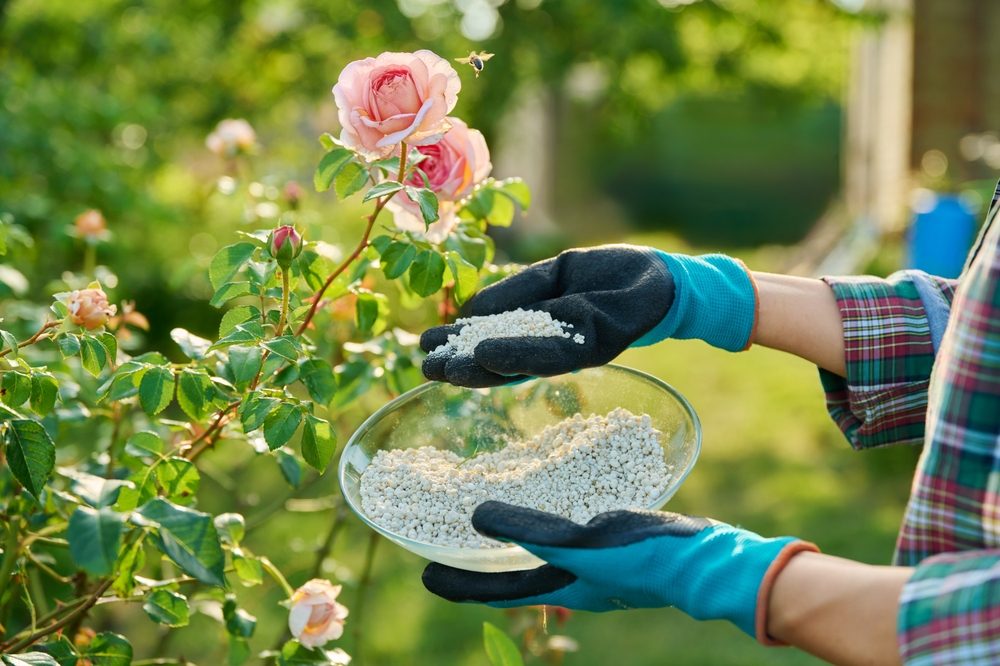Do you enjoy gardening and constantly seek effective natural tips to take care of your plants? Perhaps you are already accustomed to using coffee grounds or eggshells in your garden?
Unfortunately, these home remedies don’t always yield the expected results. But did you know that a simple, surprising kitchen product could radically transform the growth of your plants?
The limits of traditional fertilizers
We have all tried classic solutions to strengthen our plants. But are you truly satisfied with the results achieved using standard products like chemical fertilizers or certain natural amendments?
Chemical products, for one, are powerful but harsh. They risk damaging the roots of the plants and often disturb your soil’s balance. The result: weakened plants in the long run.
As for common natural amendments, such as coffee grounds or eggshells, their action is often slow. By the time they release their valuable nutrients, your plants have already experienced a slowdown in growth.
But don’t worry, there is a simple, natural, and especially effective alternative that you probably already have at home: it is brewer’s yeast.
Discover the miracle fertilizer hidden in your kitchen
You’ve probably heard about the health benefits of brewer’s yeast. But did you know that it is also extremely beneficial for your plants?
Brewer’s yeast naturally contains essential elements for healthy plant development: B vitamins, amino acids, and minerals crucial for their growth. It also acts as a catalyst for microbial life in the soil, thus enhancing the overall health of your plants.
This method is not new; it has been regularly used in organic farming and by some gardening professionals for a long time.
How does brewer’s yeast work exactly?
You may wonder why brewer’s yeast is so effective. Here are the main reasons:
- It effectively stimulates the natural growth mechanisms of plants thanks to the vitamins it contains, promoting a bushier foliage.
- Its rich supply of proteins and minerals naturally improves soil structure and fosters the beneficial activity of microorganisms.
- It helps your plants resist diseases by creating a protective barrier against pathogenic fungi and bacteria.
- Its components optimize the absorption of potassium and phosphorus, leading to a richer and prolonged flowering, as well as better fruiting.
Using brewer’s yeast in the garden effectively
You don’t need to be an expert to reap the incredible benefits of brewer’s yeast. Here are two simple methods to easily incorporate it into your regular care routine:
Direct watering, to nourish deeply
Prepare a quick and effective nutrient solution to boost the growth of your plants:
- Dilute one tablespoon of brewer’s yeast in a liter of warm water.
- Let it sit for a few hours so the microorganisms can activate fully.
- Then gently pour this nutrient solution at the base of your plants every two to three weeks during the growth period, ideally in spring and summer.
This technique will work wonders for your vegetables, houseplants, and flowering shrubs.
Foliar spray to protect and beautify your plants
When applied directly to the foliage, brewer’s yeast provides additional protection while stimulating leaf growth. Here’s how to do it:
- Mix a teaspoon of brewer’s yeast in a liter of water, adding a few drops of organic black soap for better adhesion.
- Spray on the leaves once a month, taking care to avoid the hottest times of the day.
Your roses, tomatoes, and other green plants will greatly appreciate this technique, which will give them more resilient foliage against potential infections.
The plants that will benefit most from brewer’s yeast
Brewer’s yeast will benefit your entire garden. However, certain plants will react particularly well:
- In your vegetable garden: tomatoes, lettuce, zucchini, and bell peppers will become more vigorous and productive.
- On the flowering front, your roses, geraniums, or hydrangeas will display longer-lasting and more intense blooms.
- Houseplants: enhanced leaf density and increased natural pest resistance.
- Fruit trees: their fruiting will be improved along with their resistance to diseases.
So why not try this practical yet powerful kitchen product right now?
Did you already know about the brewer’s yeast trick for plants? What natural gardening techniques are you currently using at home? Share your experience or questions by leaving a comment below; it could also help other amateur gardeners! We look forward to reading your thoughts.

